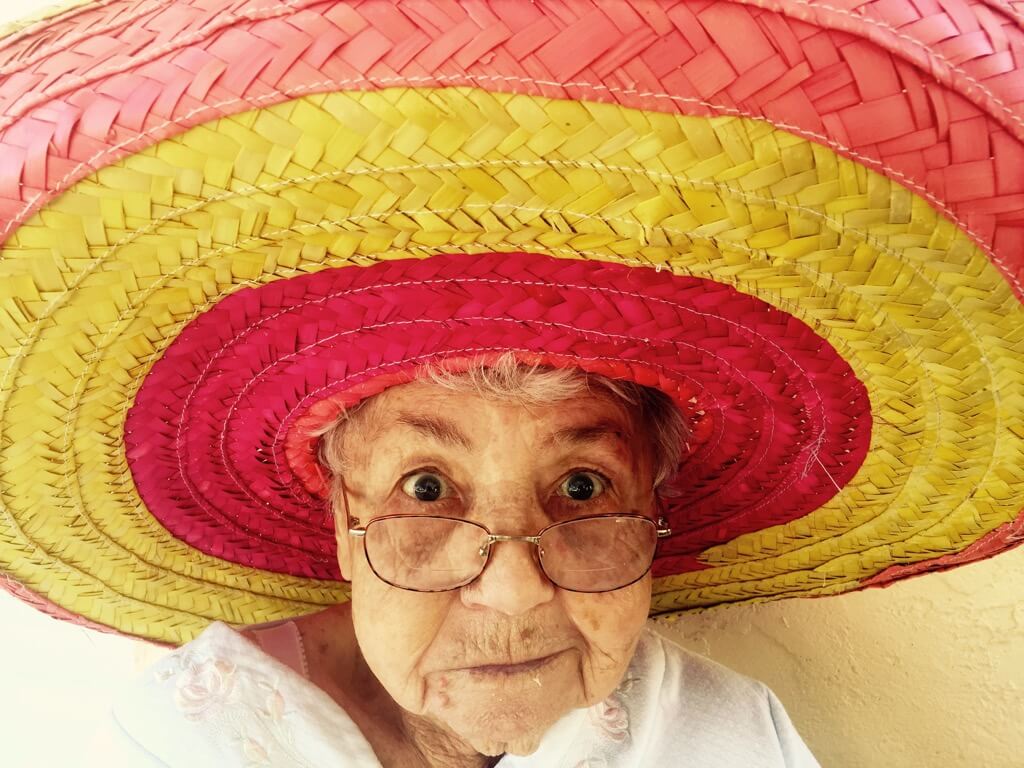We’ve all been there – a night of excessive drinking that leaves us regretting our choices the next morning. Whether it’s a wild Bachelor Party, Dollar Drinks, Ladies Night, or just Happy Hour gone wrong, hangovers can be brutal. While many home remedies claim to alleviate the pain and nausea of a hangover, few actually deliver results. In this article, we’ll separate the myths from the facts and provide you with practical advice to ease your hangover woes.
One common misconception is that a cup of coffee can cure a hangover. While caffeine in coffee can relieve headaches, it’s not a miracle cure. In fact, drinking coffee the morning after a night of drinking can worsen hangover symptoms due to its acidity and dehydrating effects. It won’t help you sober up either. A 2009 study suggested that coffee might reduce alcohol-induced fatigue but doesn’t improve cognitive function or other hangover consequences.
You might have heard claims about the effectiveness of B vitamins in alleviating hangover symptoms, but scientific evidence doesn’t support these assertions. While B vitamins play essential roles in our health, there’s no substantial proof that they significantly relieve hangovers. Taking high doses of B6 as a supplement can lead to health issues and birth defects, making it a risky solution.
Some people believe that hitting the gym and sweating it out can help with a hangover. However, research shows that exercise has little to no impact on the physiological aftermath of excessive alcohol consumption, except for burning calories. If you choose to exercise during a hangover, remember that alcohol already dehydrated you, so hydrating with plenty of water is essential.
Indulging in greasy food the day after heavy drinking is a popular hangover remedy, but it’s more about comfort than actual relief. While it might temporarily make you feel better, your food choice has minimal effect on your hangover. Eating a satisfying meal before drinking, on the other hand, can act as a preventive measure against severe hangovers.
Some swear by the “hair of the dog” remedy, which involves drinking more alcohol to dull hangover symptoms. However, addiction specialists caution against this approach, as it may lead to a pattern of excessive drinking. While an occasional Bloody Mary at Sunday brunch might be enjoyable, it’s not a reliable solution for hangover relief.
Effective Hangover Advice
Hydration is Key
One piece of advice that stands out as effective is staying hydrated, especially if you start before the drinking begins. Dehydration is a leading cause of hangover symptoms, so consuming water in between alcoholic beverages can help prevent the pain. This also slows down your alcohol consumption rate. Your liver can metabolize alcohol at about one 12-ounce American beer per hour. Slower drinking gives your body more time to process alcohol without severe consequences. If water isn’t your preferred choice, sports drinks like Gatorade can also help rehydrate.
Avoid Dark Alcoholic Beverages
Not all alcoholic drinks are created equal when it comes to hangovers. Dark alcoholic beverages, such as whiskey and red wine, contain higher levels of congeners – byproducts of alcohol fermentation – that can increase the likelihood of hangover symptoms like headaches. Opt for lighter drinks with fewer congeners to reduce the risk of severe hangovers.
Fun Facts
No Magic Elixir: Despite numerous claims, there’s no “magic” hangover cure that works universally for everyone. What works for one person may not work for another due to variations in alcohol tolerance, metabolism, and individual physiology.
Alcohol Metabolism: People with different genetic backgrounds metabolize alcohol differently. Some individuals produce enzymes that break down alcohol more efficiently, leading to fewer hangover symptoms, while others are more susceptible to hangovers.
Asian Flush: Some people of Asian descent have a genetic predisposition known as the “Asian flush” or alcohol flush reaction. This condition results from a deficiency in an enzyme needed to metabolize alcohol properly, causing symptoms like facial flushing, rapid heartbeat, and nausea.
Congeners Matter: Beyond the type of alcohol consumed, the presence of congeners plays a role in hangover severity. Dark spirits like bourbon and red wine have higher congener levels, potentially leading to more intense hangovers compared to clear spirits like vodka or gin.
Age and Hangovers: As people age, they often experience more severe hangovers. This is partly due to changes in body composition, decreased liver function, and a decrease in the body’s ability to handle alcohol.
Rebound Effect: Consuming alcohol to relieve a hangover, known as the “hair of the dog” approach, may provide temporary relief but can lead to a more severe hangover later. This rebound effect often results in a vicious cycle of excessive drinking.
Hangover Prevention: Drinking a glass of water before bedtime can help prevent dehydration, a major contributor to hangover symptoms. Staying hydrated during the night can make a significant difference in how you feel the next morning.
Electrolyte Imbalance: Hangovers can cause electrolyte imbalances in the body. Drinking sports drinks or coconut water can help replenish lost electrolytes, reducing symptoms like muscle cramps and fatigue.
Natural Remedies: Some natural remedies, like ginger or prickly pear extract, have shown promise in reducing hangover symptoms. These remedies can help with nausea and inflammation, although more research is needed.
Alcohol Quality: The quality of alcohol you consume can influence the severity of your hangover. Cheaper, lower-quality liquors often contain more impurities, additives, and congeners, which can contribute to worse hangovers. Opting for higher-quality alcohol may lead to a milder hangover.
By understanding these myths and facts about hangovers, you can make more informed choices and take effective steps to prevent or alleviate the discomfort caused by excessive drinking. Remember that the best way to avoid a hangover is to drink in moderation and stay hydrated throughout the night.
After uncovering the complexities of hangovers and their potential remedies, it’s crucial to remember that moderation remains the most reliable ally in this battle. While some strategies may alleviate symptoms or reduce the likelihood of a hangover, there’s no silver bullet. Understanding that individual differences, genetics, and alcohol choices play a significant role in your experience is key.

In the sweltering summer months, you can rest assured that your home will remain comfortably…

Before diving into the impact of pre-event sex on athletic performance, it’s crucial to address…

At some point in our lives, everyone of us has entertained the daydream of being…




